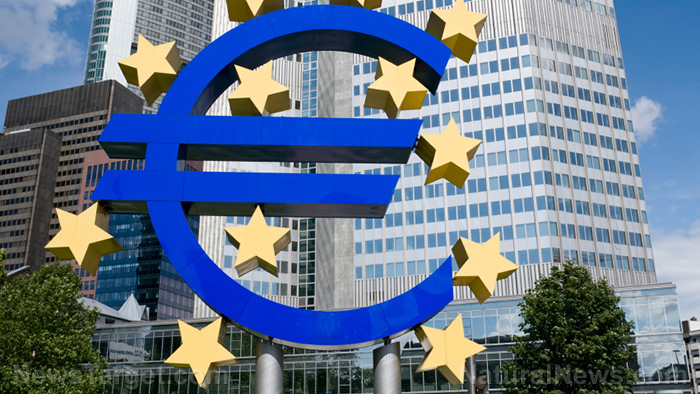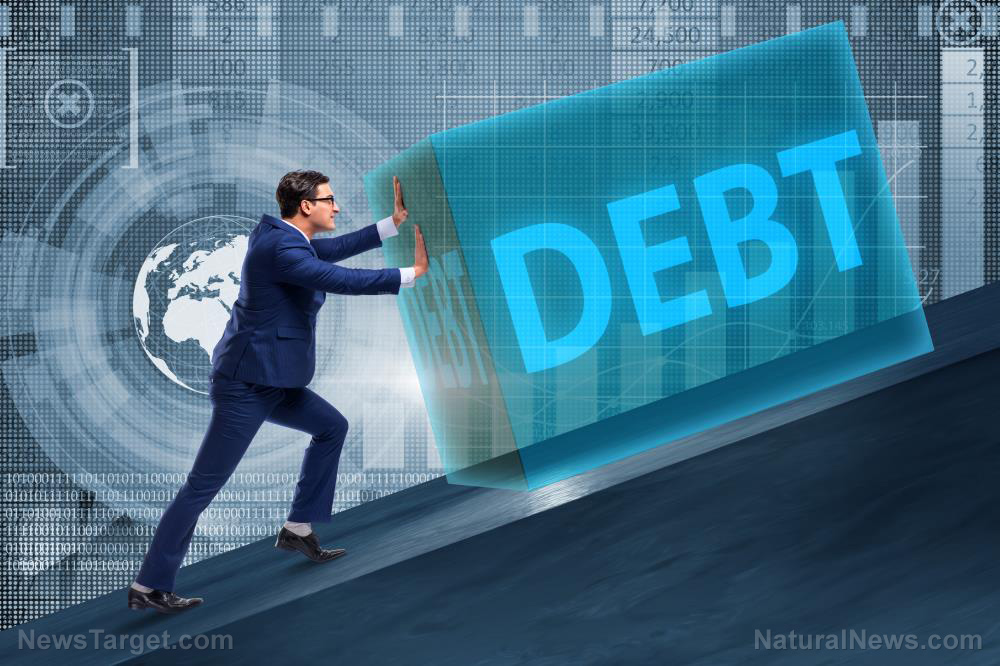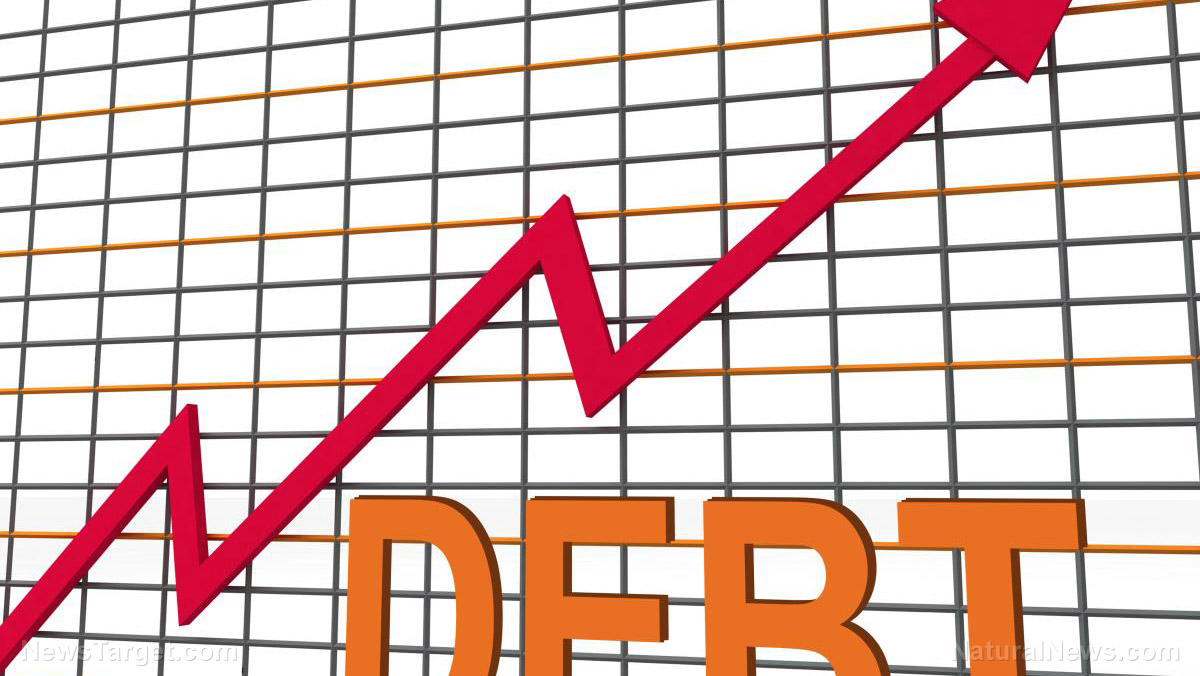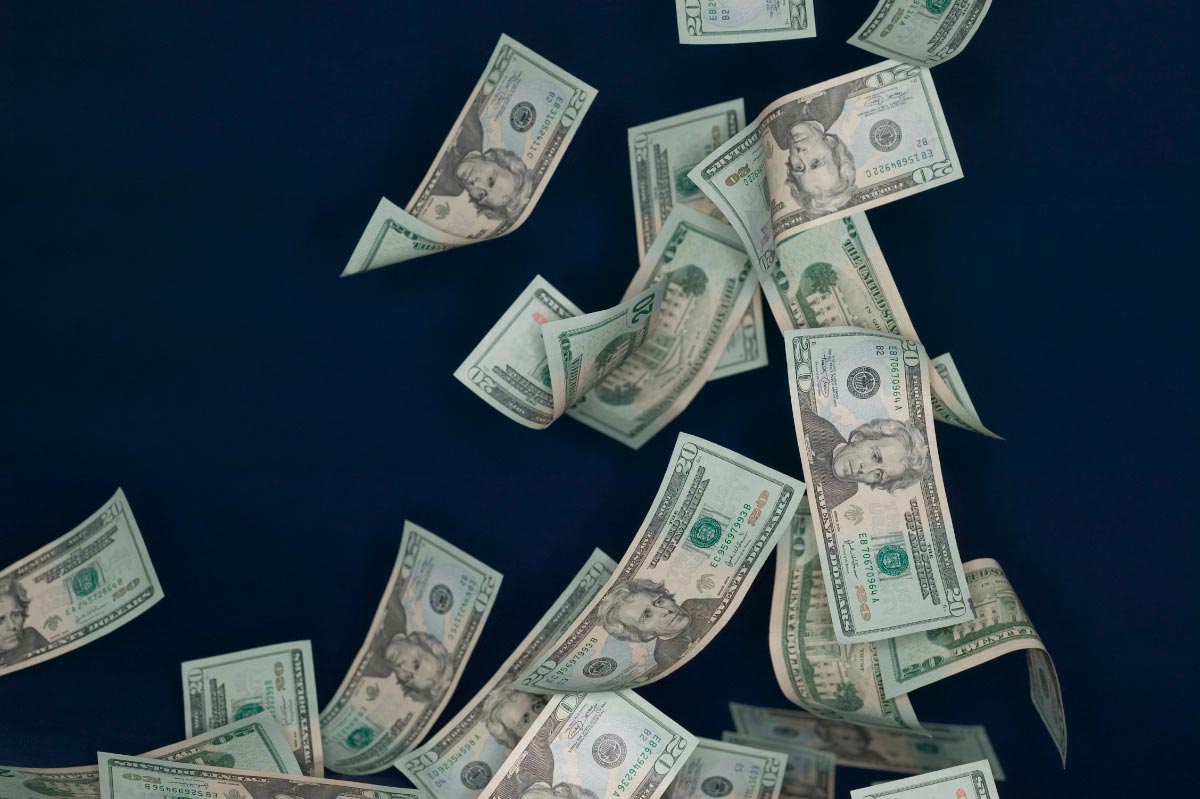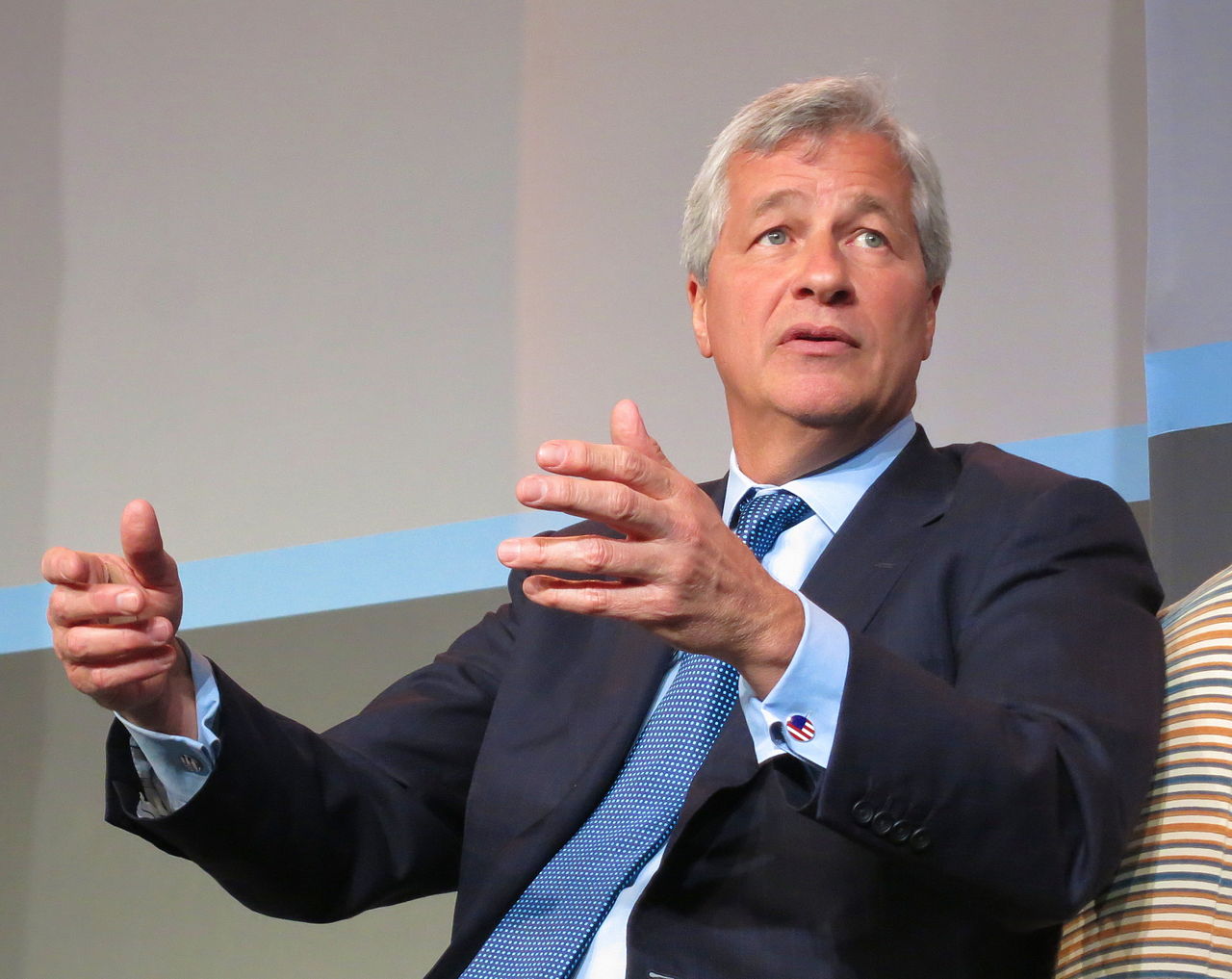US, Japan sign trade agreement on minerals for electric vehicle batteries
03/31/2023 / By Kevin Hughes
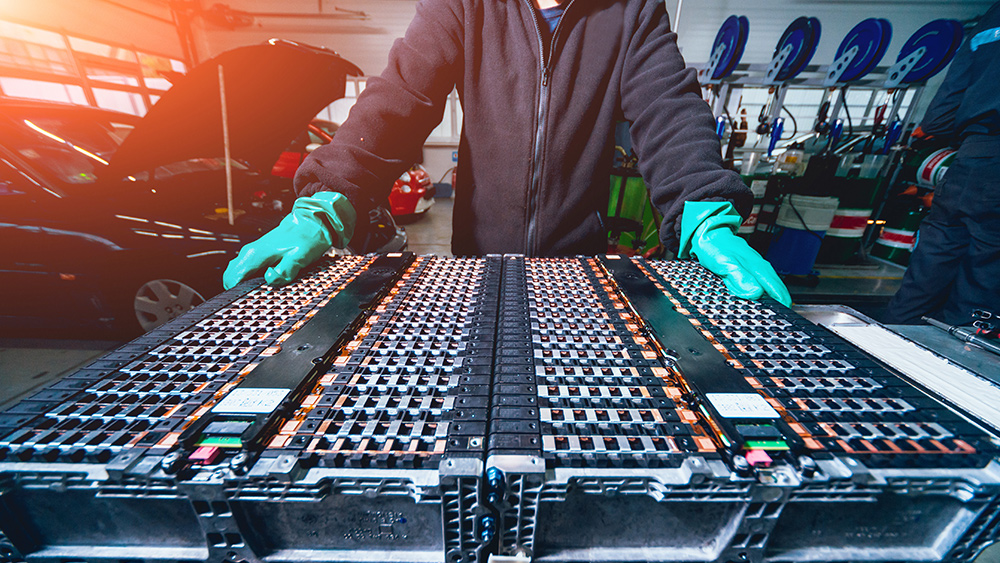
The United States and Japan signed a trade agreement Tuesday, March 28, on electric vehicle (EV) battery minerals. The agreement bolsters both countries’ battery supply chains and gives Japanese automakers broader access to the $7,500 U.S. EV tax credit.
A senior Biden administration official said the deal prevents the two countries from approving bilateral export restrictions on the minerals most crucial for EV batteries, such as lithium, nickel, cobalt, graphite and manganese. The agreement also aims to lower both countries reliance on China for such materials.
Minerals-focused trade agreements are one way for the Biden administration to open up access to the $7,500 per vehicle EV tax credits included in the climate-centered Inflation Reduction Act (IRA). (Related: EV price hikes cancel out $7,500 tax credits offered by government under Inflation Reduction Act.)
The Biden administration is now working out a same deal with the European Union (EU).
Half of the credit for consumers is reserved for North American-assembled vehicles and batteries, while the other half of the credit is contingent on at least 40 percent of the value of critical minerals in the battery having been extracted or processed in the U.S. or countries with a U.S. free trade agreement, or recycled in North America.
“One of the goals of the IRA is to broadly strengthen supply chains for these critical minerals and their processing,” said Treasury Secretary Janet Yellen during her recent testimony in the House Ways and Means Committee.
The Department of the Treasury is expected to set up new demands that will mandate battery components and crucial minerals be sourced from nations with U.S. free trade agreement in order to get the full $7,500 per vehicle consumer tax credit.
Although the EU and Japan are not part of any free trade agreement with America, the recent deals are designed to provide the allies the same status in trade of essential minerals.
EVs manufactured with battery minerals mined or processed in Japan likely to qualify for US tax credits
Japanese Trade Minister Yasutoshi Nishimura told reporters in Tokyo that EVs manufactured with battery minerals mined or processed in Japan were likely to qualify for the U.S. tax credits.
“The demand for electric vehicle batteries is expected to grow significantly, securing important minerals essential for their production is an urgent issue,” Nishimura said.
Trade Representative Katherine Tai and Japan’s U.S. Ambassador Tomita Koji signed the 10-page sectoral deal on March 28 in Washington.
“Japan is one of our most valued trading partners and this agreement will enable us to deepen our existing bilateral relationship,” Tai said in a statement.
Tai, however, did not seek congressional approval for the agreement. This drew criticisms from the top two Democrats on trade matters in Congress, namely Senate Finance Committee Chairman Ron Wyden and House of Representatives Ways and Means Committee Ranking Member Richard Neal, who called the deal “unacceptable.”
“Without enforceable environmental or labor protections, the administration abandons worker-centric trade policy and jeopardizes our climate work by opening the door for another environmental catastrophe,” Wyden and Neal said in a statement.
Wyden and fellow Democratic Senator Joe Manchin have expressed strong opposition to the Biden administration’s attempts to apply the tax credits to vehicles made outside North America, as they intended for it to boost investment in U.S. battery and EV production.
The U.S. and Japan have agreed to review the minerals deal every two years, including whether it is applicable to terminate or amend it.
Follow Robocars.news for more news about electric vehicles and EV battery minerals.
Watch the video below to know more about the true cost of electric car batteries.
This video is from the #ClaireEdwards Uncensored channel on Brighteon.com.
More related stories:
Lithium mining for electric vehicle batteries is harming indigenous groups in Arizona.
EV market depends almost entirely on communist China – “going green” actually means going COMMIE.
Lithium supply not large enough to not meet ambitious global EV deadlines, mining CEO warns.
Sources include:
Submit a correction >>
Tagged Under:
battery, big government, bubble, cobalt, economic riot, economy, electric vehicle, energy supply, European Union, free-trade agreement, graphite, Green New Deal, Inflation Reduction Act, Japan, lithium, manganese, metals, minerals, nickel, power, supply chain, tax credits, US
This article may contain statements that reflect the opinion of the author
RECENT NEWS & ARTICLES
COPYRIGHT © 2022 EconomicRiot.com
All content posted on this site is protected under Free Speech. EconomicRiot.com is not responsible for content written by contributing authors. The information on this site is provided for educational and entertainment purposes only. It is not intended as a substitute for professional advice of any kind. EconomicRiot.com assumes no responsibility for the use or misuse of this material. All trademarks, registered trademarks and service marks mentioned on this site are the property of their respective owners.


